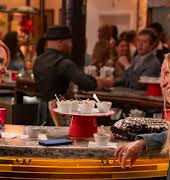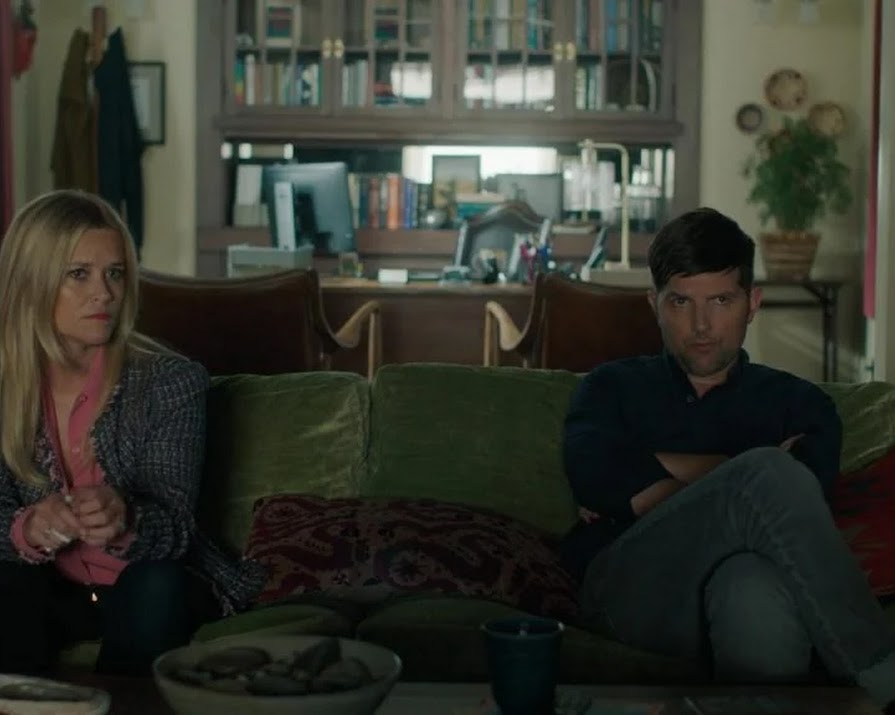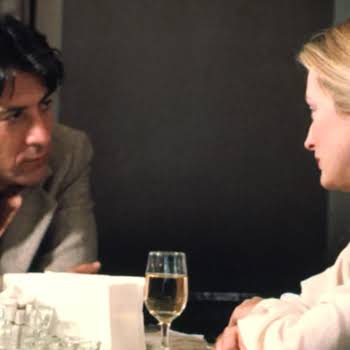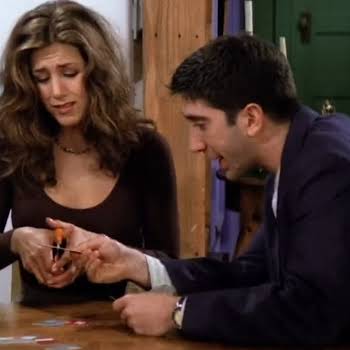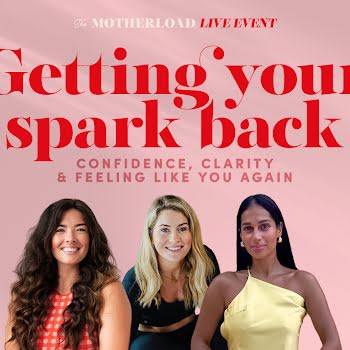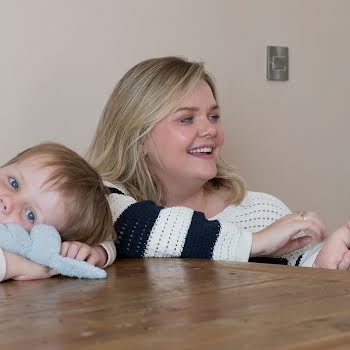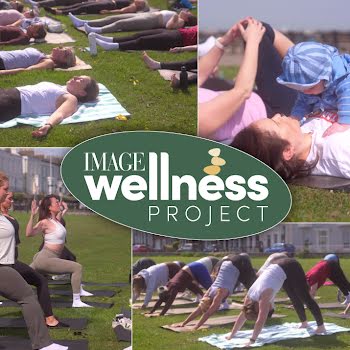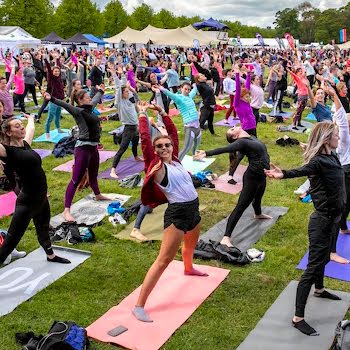
‘I needed the therapist to be the perspective’: How couples therapy can help to repair a marriage
By Amanda Cassidy
01st Feb 2024
01st Feb 2024
There are many factors that impact the potential success or failure of a marriage. Couples therapy is one. But is it always the right choice?
“Our weekly sessions were a flogging and I would have done anything, including chewing my own leg off, to escape the trap of that room.”
Terry Gaspard believes that marriage counselling made her relationship worse. “I don’t blame my husband. He had a lot pent up inside of him.
His method for dealing with conflict was much different than mine. We are like two different kinds of volcanoes. When I erupted, my emotions were the fast-moving, liquid lava that freely pours out racing towards the sea. His was a violent volcano, dormant for years with emotions buried inside before he finally let things erupt in the ‘safe’ environment of counselling.”
Therapy has undergone a dramatic transformation in recent years. Rather than being a taboo, seeking help for your problems or advice on how to communicate better with your own emotions is more popular than ever.
“Living with the same human for decades while raising other small humans and trying to makes ends meet isn’t easy.”
Motivation
But the success of this type of relationship therapy depends on what you want out of it. The motivation of both partners needs to be the same, the therapist needs to be a good fit and the goal of the session agreed. Is it to break up well? Is it to repair? Or is it to work on communication?
Living with the same human for decades while raising other small humans and trying to makes ends meet isn’t easy. You grow and change, sometimes at different speeds to one another. There are several stages to a relationship and often integrating those changes causes challenges.
Dr John M. Gottman is the author of the bestselling The Relationship Cure. He describes what makes up a successful relationship: “It’s not that these couples don’t get mad or disagree. It’s that when they disagree, they’re able to stay connected and engaged with each other. Rather than becoming defensive and hurtful, they pepper their disputes with flashes of affection, intense interest, and mutual respect.”
But in real life, when the bills need paying and your partner isn’t cooperating and communication has turned to stony silence, can mutual respect and therapy-speak actually help?
Let’s talk
The assumption is that anyone on the brink of divorce would benefit from sitting down together for a few sessions with a wise third party, someone who can make sense of dissent, and encourage two furious, hurt people to listen to each other. But does it always help?
“I’d built up such a saintly picture of myself as the poor victim in a relationship where all I needed was a little affection, I’d stopped seeing what was really going on with us.”
Joni put her strained relationship in the hands of a kind stranger and learnt a lot about herself. “I presumed the counsellor would point out to my annoying husband that I was right and that he should listen to me. We were fighting all the time. We were exhausted and a wall of resentment had built up. I didn’t feel affectionate towards him.
“The minute she asked me if I enjoyed sparring with him, I knew I was in for it. I’d built up such a saintly picture of myself as the poor victim in a relationship where all I needed was a little affection, I’d stopped seeing what was really going on with us. I needed the therapist to be the perspective. And she navigated us through what was really going on, rather than two people convinced the other was just wrong all the time.”
Psychologist and therapist Diane Grande says that showing each other emotional vulnerability instead of resentment is the first step. “Positive outcomes are most likely when the partners beginning therapy have a willingness to learn some basic skills and to become more self-aware as well as emotionally vulnerable to each other.
Only very basic communication skills are necessary, such as using ‘feeling’ words. Many people have difficulty distinguishing feelings from thoughts. However, this skill can be learned, and it is encouraged during the therapy process.”
Another important thing to have a successful relationship is to view each other as another part of a team rather than an opponent. This promotes cooperation and facilitates communication.
Bumpy ride
Of course, there will always be relationships or marriages that won’t stand the test of time. According to Grande, these are usually emotionally or physically abusive relationships that have not only have gone beyond repair, but a split is for the best for both parties.
Learning new ways to communicate can never be a bad thing. The hush-hush aspect of seeking help for your marriage is slowly been replaced with a common-sense approach to upskilling as you grow and change.
As a couple, going through life together often presents some really big transitions you try to navigate as a team. You are bound to disagree on big-ticket items like parenting, where to live, or even different values that evolve as you mature.
Getting an expert steer on this, even if you attend therapy alone, is worth it.
The reward — a happy relationship or emotional clarity – is priceless.
This article was originally published in May 2022.



